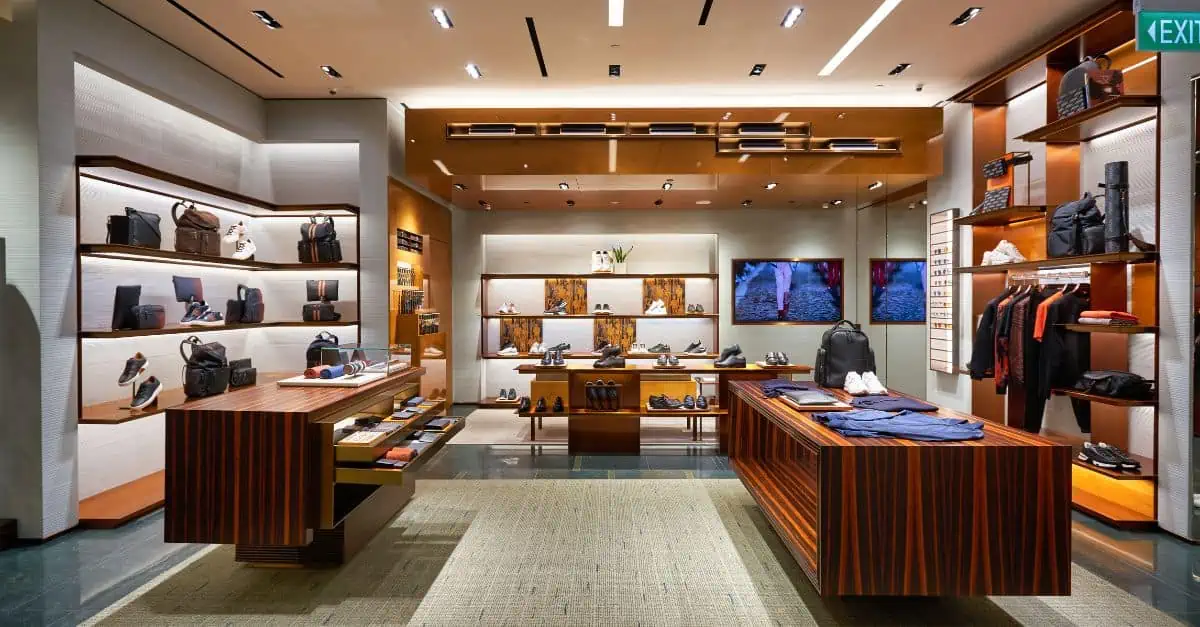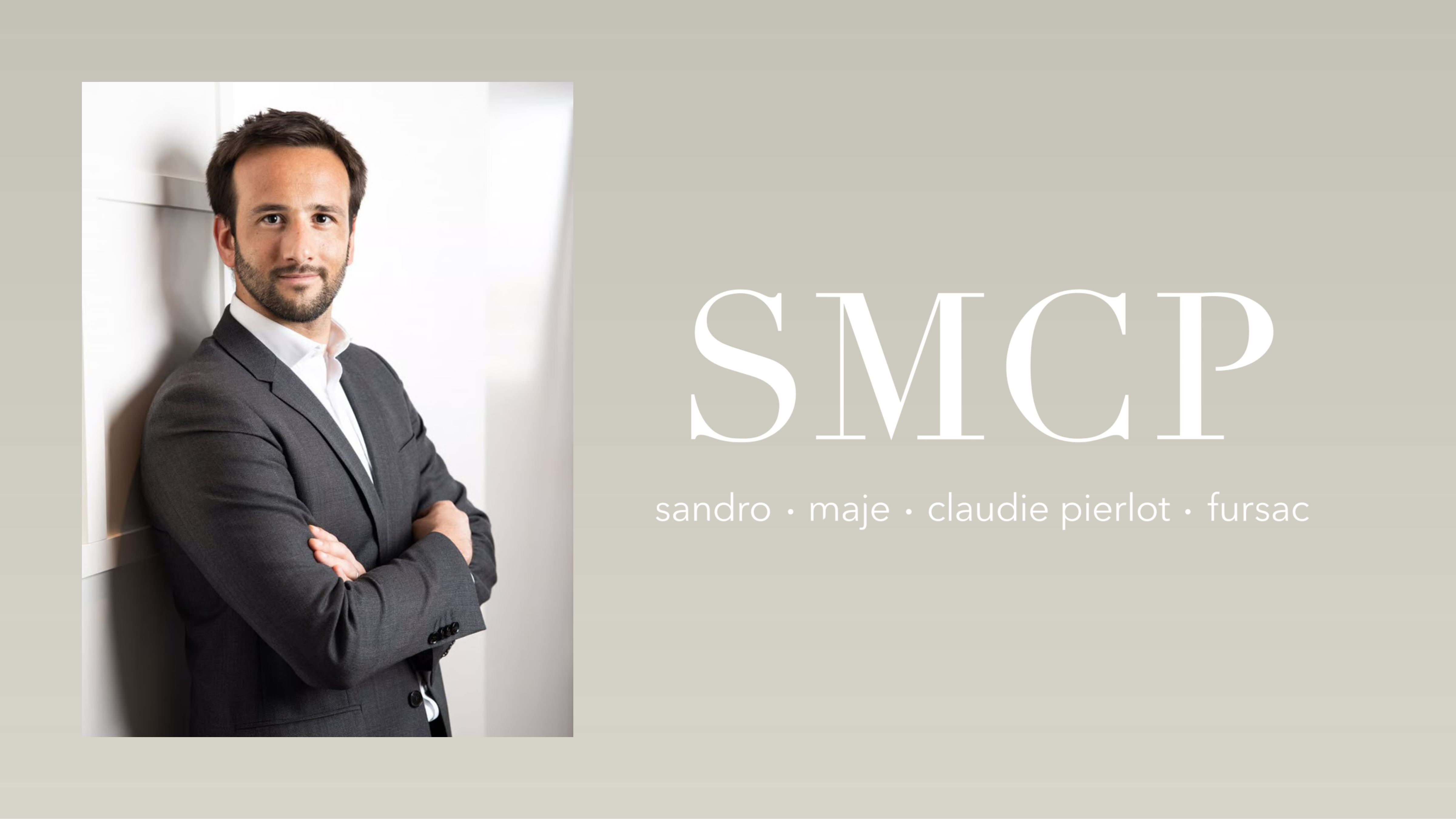Digital passport, blockchain, and traceability: The future of transparency in circular fashion

In a workshop bathed in natural light, a leather craftswoman is busy restoring a timeless handbag. This bag, a bearer of history, spans eras and generations. It is not just an object, but a witness to styles, uses, and values. What if each product could tell its story, prove its authenticity, and guarantee its value through a digital tool?
This is where the digital passport for products comes in, a technological innovation that is transforming the fashion industry, particularly the second-hand market.
A tool for more sustainable fashion:
The digital passport is not just a simple digital extension. It is a living document designed to follow a product throughout its lifecycle. Coupled with technologies such as RFID (Radio Frequency Identification) or integrated QR codes, this passport can include detailed information:
- Materials used.
- Place and date of manufacture.
- Production conditions.
- Repairs made.
- Certificates of authenticity and origin.
In a world where responsible consumption is becoming a priority, this data helps meet the growing expectations of consumers seeking transparency.
Secondhand and authenticity: a strengthened alliance:
For second-hand fashion, the digital passport is a revolution. One of the main barriers for buyers of second-hand luxury items is authenticity. Too many stories circulate about counterfeits on the second-hand market, tarnishing consumer confidence.
Thanks to the digital passport, each product is linked to a unique identity that cannot be forged. How is this guaranteed? Through a robust and tamper-proof technology: blockchain.
Why blockchain makes the digital passport tamper-proof:
Blockchain is a decentralized technology for storing and transmitting information. In practice, it acts as an unalterable and shared ledger among thousands of participants on a network.
At each stage of a product's life (manufacturing, sale, repair, resale), new information is added to the blockchain in the form of an encrypted block. This block is linked to the previous one, forming an unbroken chain. Once a block is validated by the network, it becomes impossible to modify or delete without altering the entire chain.

For digital passports:
- Authenticity is guaranteed: Each recorded event is validated by the network, preventing any manipulation or fraudulent addition.
- Traceability is complete: Buyers or resellers can trace the origin of a product transparently, from its manufacture to its last owner.
- Security is maximized: Thanks to data encryption, only authorized entities (brand, buyer, approved repairer) can interact with the passport.
Luxury facing traceability challenges:
The luxury sector is particularly concerned with these issues. Fashion houses invest considerable sums to protect their creations from counterfeiting and to ensure ethical standards in their production. The digital passport thus becomes a natural extension of these efforts, offering:
- Perfect traceability, from sourcing raw materials to points of sale.
- Increased control over the secondary market, enabling price regulation and brand image preservation.
- Direct communication with consumers, who can access exclusive information about the history and value of products.
RFID: When technology meets the physical product:
To make this system effective, the products themselves must integrate this technology. RFID, discreet and high-performing, offers an ideal solution. A chip, often invisible to the naked eye, can be sewn into a garment's label or inserted into a bag.
When scanned, this chip directly links to the digital passport information, which is based on blockchain. This link between the physical object and its digital version ensures that each product is unique and secure.
For customers, this means that by scanning a second-hand bag or jacket, they instantly access all information about the product: where it was made, by whom, what materials were used, and its repair history.
A virtuous circle for secondhand:
Thanks to the digital passport and blockchain, second-hand fashion can fully flourish. Not only do items gain value through their transparency, but their lifespan is also extended. Consumers hesitate less to buy or sell because each product becomes traceable and secure.
And beyond the individual aspect, these tools contribute to a systemic change:
- They encourage brands to produce better and less.
- They facilitate the management of second-hand flows.
- They reduce environmental impact by maximizing a product's long-term value.
The European framework: the key role of regulation:
In Europe, the Digital Product Passport (DPP) is an initiative directly inscribed within the framework of the Green Deal and the action plan for the circular economy. The European Union introduced this obligation in its proposal for a regulation on Ecodesign for Sustainable Products (ESPR), adopted in March 2022.
The objective is clear: to ensure that products placed on the European market are sustainable, repairable, and traceable throughout their lifecycle. Eventually, this passport will become mandatory for many product categories, particularly in the fashion, electronics, and furniture sectors.

The main objectives of the digital passport according to European regulation:
- Make information accessible to all actors in the value chain: manufacturers, distributors, repairers, and consumers.
- Promote the circular economy by improving the reuse, repair, and recycling of products.
- Combat counterfeiting by introducing unique identifiers linked to products.
- Reduce environmental impact by tracing materials and processes used in the manufacture of goods.
This regulation will not only transform how brands design their products but also strengthen the competitiveness of companies investing now in solutions like the digital passport.
The current market and pioneering brands:
In a context where the fashion industry is undergoing a profound transformation, transparency and traceability have become unavoidable priorities to meet the growing expectations of consumers and new regulatory requirements. In response to these challenges, innovative solutions are emerging, driven by pioneering companies and strategic collaborations. These initiatives are redefining industry standards, promoting more sustainable, responsible, and connected fashion.
Major players involved in the development of digital product passports (DPP):
Arianee: An independent, non-profit consortium, Arianee offers a blockchain-based solution for creating a unique and tamper-proof digital identity for each valuable object. This technology guarantees authentication, traceability, and provides a secure communication channel between brands and consumers.
Source: FashionUnited
Aura Blockchain Consortium: Founded by luxury leaders such as LVMH, Prada, Cartier, and OTB, this consortium uses blockchain to create secure digital identifiers. The goal: to enhance transparency, guarantee authenticity, and provide consumers with detailed access to information about the products they purchase.
Source: Paris Good Fashion
TrusTrace: Specializing in supply chain traceability and compliance, this platform helps brands meet sustainability regulations. TrusTrace facilitates the deployment of digital passports, enabling complete tracking of a product's lifecycle.
Source: FashionUnited
Fairly Made: A French company dedicated to transparency and traceability, Fairly Made assists brands in tracking the origin and journey of their products. It also measures their environmental impact and shares this data clearly with consumers.
Trustplace: Offering a SaaS solution, Trustplace enables brands to authenticate their products through secure digital passports. These passports link each product to its owner, facilitating resale, repair, and strengthening ties with consumers, including those in the second-hand market.
Brands that have adopted digital product passports:
Mugler: The Spiral Curve 01 and 02 handbags are equipped with digital passports accessible via a QR code. This system provides customers with detailed information on composition, manufacturing, and exclusive services.
Source: Paris Good Fashion
Loro Piana and Clarins: These brands use digital identities to ensure complete transparency regarding the origin and quality of their products, thereby enhancing trust and meeting sustainability expectations.
Source: Wavestone
Rolex and Audemars Piguet: These renowned watchmakers have integrated blockchain certifications to secure transactions in the second-hand market, ensuring authenticity and consumer trust.
Source: Fashion Network
SMCP Group: The group (Sandro, Maje, Claudie Pierlot, Fursac) has partnered with Fairly Made to deploy digital passports on all its products by 2025. Data collected from suppliers will be integrated into product sheets accessible online via a QR code.
Source: Paris Good Fashion
This convergence of technological innovations and brand commitments illustrates a shared desire to transform fashion into a more responsible sector, aligned with the expectations of a new generation of consumers.
Growth potential and opportunities:
Adopting the digital passport represents an exceptional growth opportunity for brands:
- Strengthen consumer trust: By guaranteeing authenticity and traceability, brands can attract a clientele concerned with sustainability and ethics.
- Accelerate the development of the circular economy: Through optimized management of second-hand flows, products extend their lifespan, generating additional revenue for brands.
- Regulate the secondary market: By ensuring direct control over resold products, luxury brands can preserve their image and maintain pricing consistency.
- Meet regulatory requirements: With Europe leading the way with its legal framework, companies adopting these solutions now will be ready to comply with new standards without additional costs.
The digital passport is much more than a technological innovation: it is a strategic lever for the future of fashion and luxury. By combining transparency, responsibility, and technology, it redefines how we produce, consume, and value objects. The future is connected, traceable, and sustainable.
Stay ahead of the game!
Sign up to FAUME's The Secondhand Review newsletter
Read inspiring stories from brands that have successfully launched their secondhand businesses with FAUME







